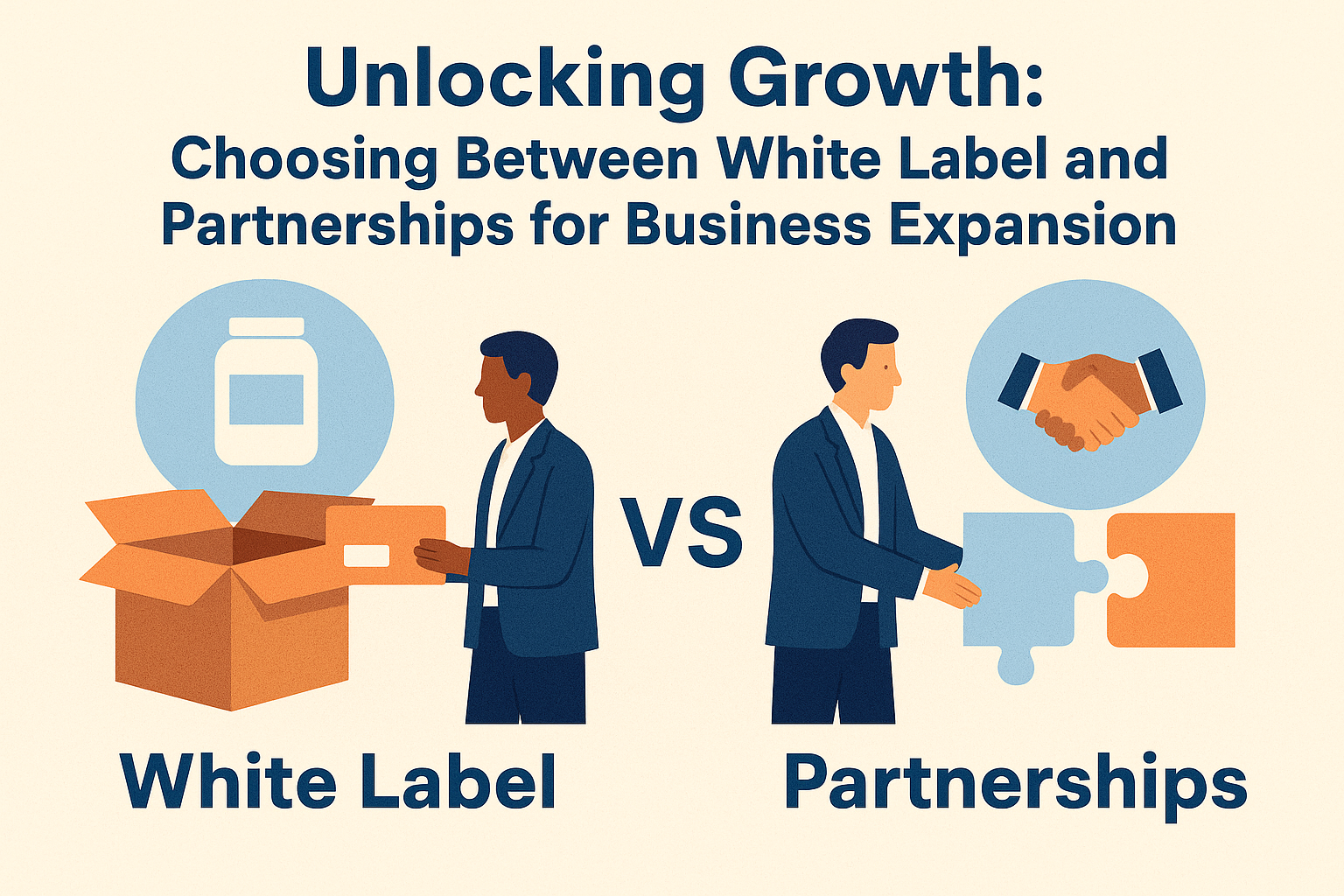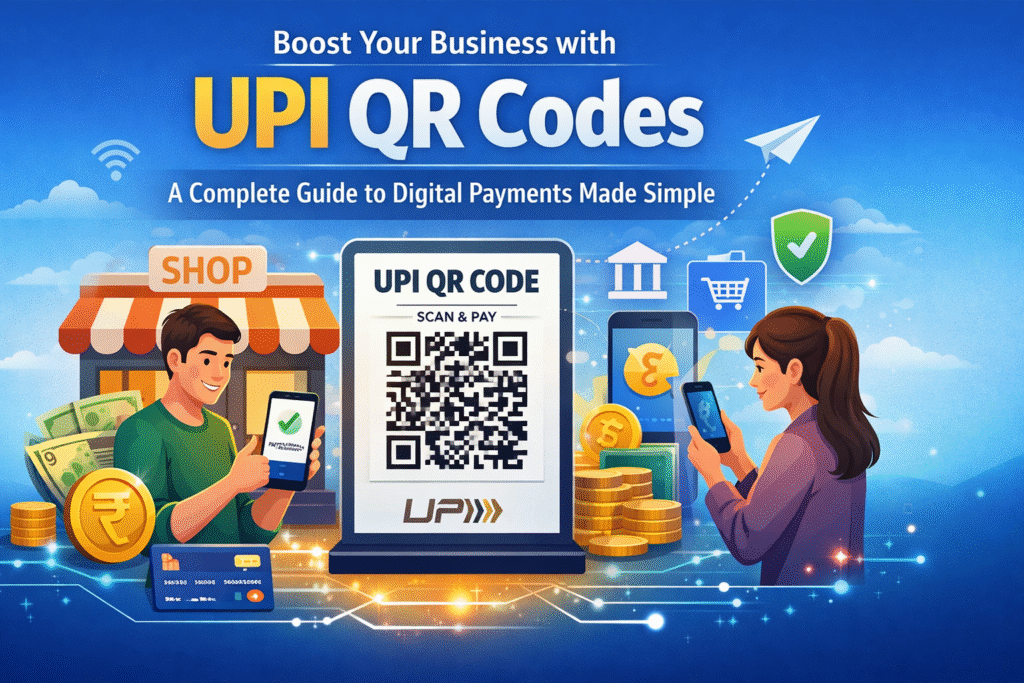In today’s hyper-competitive business world, growth often depends not only on what you build but also on how you collaborate. Companies that want to scale quickly without reinventing the wheel often turn to white label solutions or strategic partnerships. Both options allow businesses to expand offerings, reach new customers, and stay competitive. But which path is right for you?
Let’s explore what each approach means, the advantages and challenges they bring, and how to decide which is best for your business.
What is White Labeling?
A white label solution is a product or service developed by one company but rebranded and sold by another as its own. For example, a software company might create an accounting platform that agencies can rebrand with their logos and sell to their clients.
Key benefits of white labeling include:
-
Speed to market: You don’t need to build a product from scratch.
-
Reduced costs: Development, testing, and maintenance are handled by the provider.
-
Brand ownership: Customers see your branding, which builds loyalty.
-
Scalability: You can add more services without heavy investment.
Potential challenges:
-
Limited customization beyond what the provider allows.
-
Dependence on another company’s roadmap and updates.
-
Competitive overlap if multiple businesses use the same solution.
In short, white labeling is ideal if your main goal is offering more value to customers quickly without stretching your resources.
What is a Business Partnership?
A partnership involves collaborating with another business where both brands remain visible. Each party brings unique strengths to the table—be it technology, market reach, or expertise. Examples include co-branded marketing campaigns, joint product launches, or distribution agreements.
Key benefits of partnerships include:
-
Shared expertise and resources: Both sides contribute knowledge and assets.
-
Expanded market reach: Each partner gains access to the other’s customer base.
-
Innovation through collaboration: Combining strengths can lead to unique solutions.
-
Flexibility: Partnerships can be tailored to short-term campaigns or long-term ventures.
Potential challenges:
-
Complex negotiations over profit-sharing, responsibilities, and brand positioning.
-
Risk of brand dilution if values or quality standards don’t align.
-
Dependence on partner performance and reputation.
Partnerships work best when your goal is mutual growth and market expansion while preserving distinct brand identities.
When to Consider White Labeling
White labeling is often the smarter choice if:
-
You want to expand your service portfolio quickly. For example, a digital agency can add SEO tools or email marketing software without hiring developers.
-
Your resources are limited. Startups and small businesses can enter new markets without major upfront costs.
-
You value brand control. Customers interact only with your brand, not the provider.
-
You operate in a market where speed matters. Being first to offer new solutions can be a competitive advantage.
Example: A fitness brand could launch its own branded supplements by partnering with a manufacturer that already produces high-quality products. The fitness brand focuses on marketing, while the manufacturer handles production.
When to Consider Partnerships
Partnerships make more sense when:
-
Your business thrives on collaboration. For instance, a travel agency partnering with airlines or hotels creates joint packages.
-
You need credibility or reach. Working with an established brand helps smaller companies gain trust.
-
You want to co-create value. Partnerships allow you to develop solutions that neither party could achieve alone.
-
You operate in a complex ecosystem. In industries like healthcare or fintech, regulatory requirements often favor collaboration over white labeling.
Example: A fintech startup may partner with a major bank to launch a co-branded credit card. The startup gains legitimacy, while the bank reaches younger, tech-savvy customers.
White Label vs. Partnership: How to Decide
Here are some guiding questions to help you choose:
-
What’s your priority—speed or collaboration? If speed and simplicity matter, white labeling is better. If joint innovation is key, partnerships win.
-
Do you want full brand ownership? White labeling lets you sell under your own name. Partnerships usually require shared visibility.
-
What’s your budget and capability? If you lack resources to build or co-create, white labeling keeps costs predictable.
-
What risks can you manage? Partnerships can bring higher rewards but also require more effort in coordination.
-
How unique do you want your offering to be? Partnerships often result in more differentiated solutions, while white label products can be less distinct.
Final Thoughts
Both white labeling and partnerships are powerful strategies for business growth. White labeling allows you to scale fast and strengthen your brand, while partnerships help you innovate, expand reach, and build credibility.
The best choice depends on your goals, resources, and appetite for collaboration. Many successful companies use a mix of both—white labeling to fill immediate gaps and partnerships for long-term innovation.
In the end, what matters most is aligning your strategy with your vision for growth. Whether you choose white labeling, partnerships, or a hybrid approach, these strategies can unlock opportunities that fuel your next stage of success.






